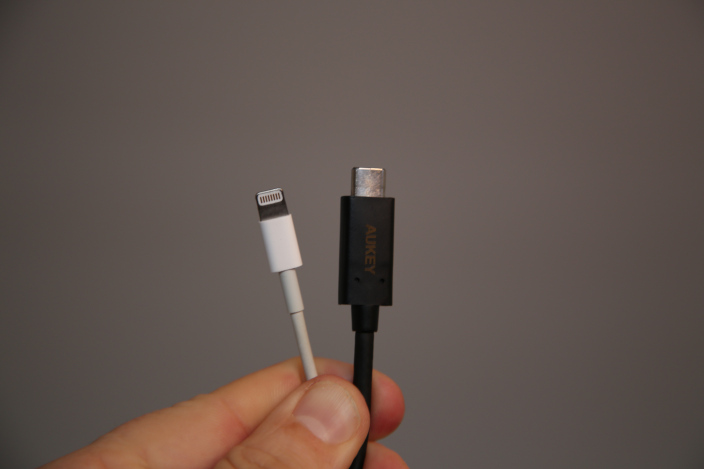The press loves to talk about Apple. Whether it's their lastest bit of kit, the price of their latest bit of kit, the number of women serving on their board . . . it doesn't matter. Apple generates hits.
Trouble is, in their rush to generate ad clicks, the popular IT press not only miss the subtler points, they often miss the plainly obvious.
In the last week, Apple announced the rather gorgeous Macbook, a laptop so thin it ships with shaving foam. Aside from its size and lack of power, the press has also been drawn to the single USB-C port that, in their mind, signifies the end of the lightning interface.
'Why does Apple need Lightning,' the popular IT press cries, 'when they have something almost as good and a lot more universal like USB-C?'
Well, I think there are a couple of reasons, the most important of which (to Apple anyway) is size. USB-C is dinky, but the lightning connector is dinkier still.

And when you're as size-obsessed as Apple, then those few extra millimetres make all the difference. There is also the question of money. Compared to the money it prints selling iPhones, the MFI programme is, no doubt, a drop in the ocean. But to a company as obsessed with detail as Apple, every drop counts.
Apple recently detailed future plans for the lightning connector at its recent MFI Summit held in China. The main takeaway was an extension to the programme that will allow third-party vendors to build lightning ports into their own devices. Cupertino also announceed a new low-profile connector which would be suitable for smaller devices such as battery cases.
And while all this was going on, Apple was heavily involved in defining the USB-C spec, making sure they had a say in what goes at the other end of the cable.
Lightning is something of a smart cable; to ensure its longevity, Apple made the pin assigments programmable, allowing it to adapt to whatever interface came along in the future.
So rather than USB-C signalling the end of Lightning, I think it is merely another interface that Lightning was designed to cope with.
Comments
comments powered by Disqus